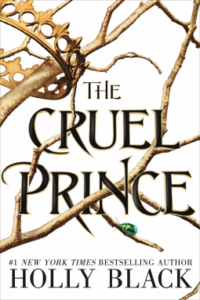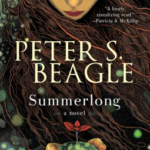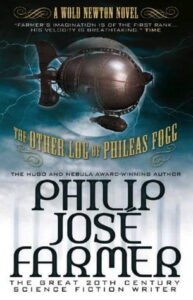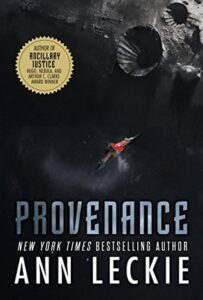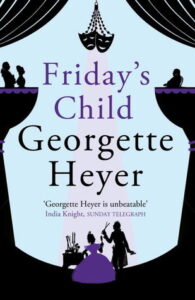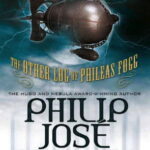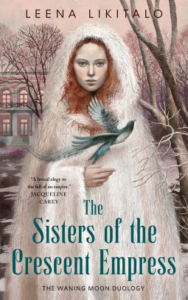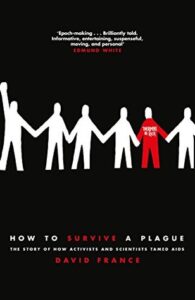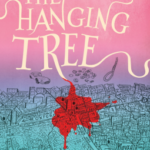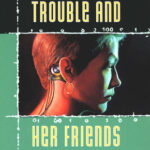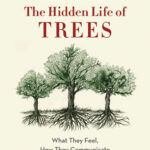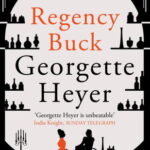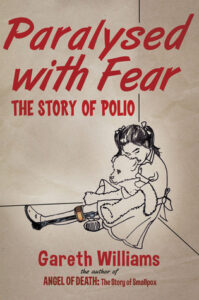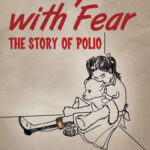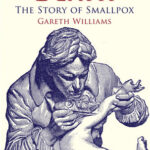
It’s been a while since I participated in Top Ten Tuesday, but I always planned to do so again if any of the themes caught my attention and this one did. I’m not American, so Thanksgiving as a holiday isn’t my thing, but there’s always space for thanksgiving as far as I can see. Without further ado, here are the books I’m grateful for.
- The Goblin Emperor, by Katherine Addison. I bet everyone could’ve predicted this one would make my list. It’s just a piece of hope and goodness in a world all too full of grimdark fiction and grimdark politics. It makes me happy, and it’s so clever too with the use of language and worldbuilding.
- The Dark is Rising, by Susan Cooper. I think I’ve actually finally got to the point where I know these books too well to read them again any time soon, but for the joy they’ve inspired, the bookish conversations, the gifts they’ve enabled me to give, and my fascination with Old English (from the simple line “liht mec heht gewyrcan”, inscribed on one of the Six Signs)… so many reasons to give thanks.
- The Summer Tree, by Guy Gavriel Kay. Not only do I love this book and the rest of the trilogy, but everything by Guy Gavriel Kay I’ve read since. The friend who gave me it hasn’t spoken to me in years, but his influence lingers in my love of Guy Gavriel Kay and Firefly.
- Tales of Bold Adventure, by Enid Blyton. I know, I know, Enid Blyton. But I inherited two copies of this, both obviously well-read — one from my mum, and one from my dad! Reading about Robin Hood and King Arthur was totally formative for me, as the course of my first degree demonstrated.
- Cat and Mouse and the Dinosaurs, by Graham Round and Ray Gibson. Without these books, I wouldn’t be a reader. I was refusing to learn to read, until my mother brought these into my life…
- Spillover, by David Quammen. For igniting my curiosity about infectious diseases at least as much as it scared me, all the thanks in the world. I probably wouldn’t be so fascinated by microbiology now if it weren’t for this book.
- Tutankhamen, by Christiane Desroches-Noblecourt. As a kid, this was my gateway to wonder — an exhaustive description of everything found in Tutankhamen’s tomb. This too was formative for me.
- Century Rain, by Alastair Reynolds. I rather enjoyed it, but this one I’m thankful to for another reason: it got my sister interested in reading again after years of disinterest. She sat on my floor for hours on end, captivated, when I first lent her a copy. Now she might not be quite as voracious a reader as me, but she’s pretty darn voracious, and Century Rain was the gateway.
- A Wizard of Earthsea, by Ursula Le Guin. This book has been a source of enchantment for years and years, and my understanding and interpretation of it has grown with me. If I haven’t written up how I relate to Ged’s journey now as someone who suffers with anxiety, I really should.
- The Lord of the Rings, by J.R.R. Tolkien. For simple hours of enjoyment alone, this book deserves thanks. But also for a really fascinating semester of my Master’s degree, studying it, and for time spent listening to the radioplay with my grandma and my sister, and all the discussions and thinky thoughts it opens the door to.
And that’s it for the list, though honestly all books get my earnest thanks for giving me another, safer world to live in at times.
























